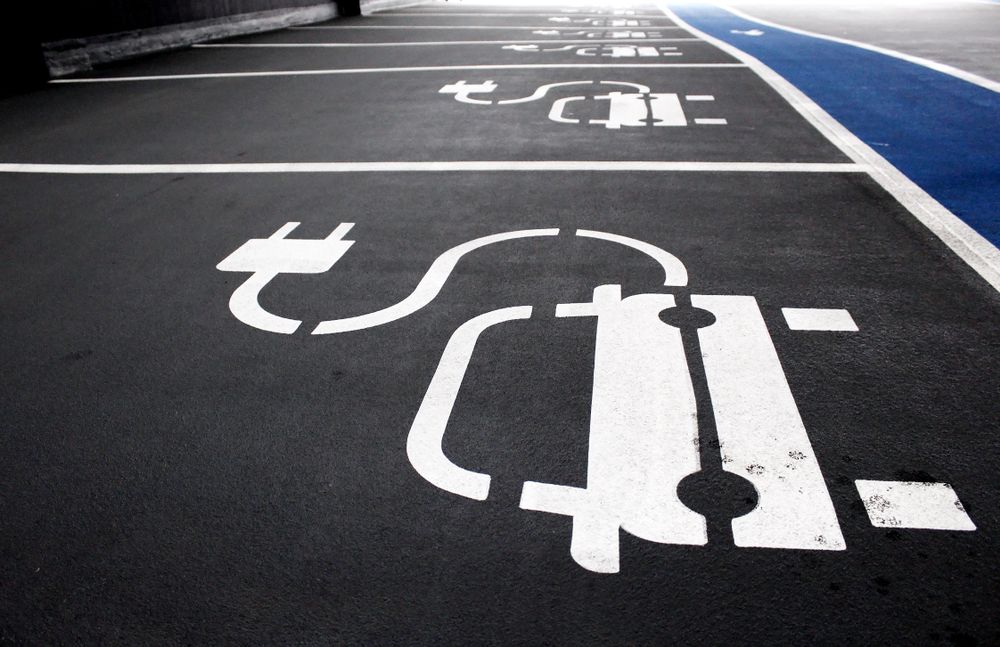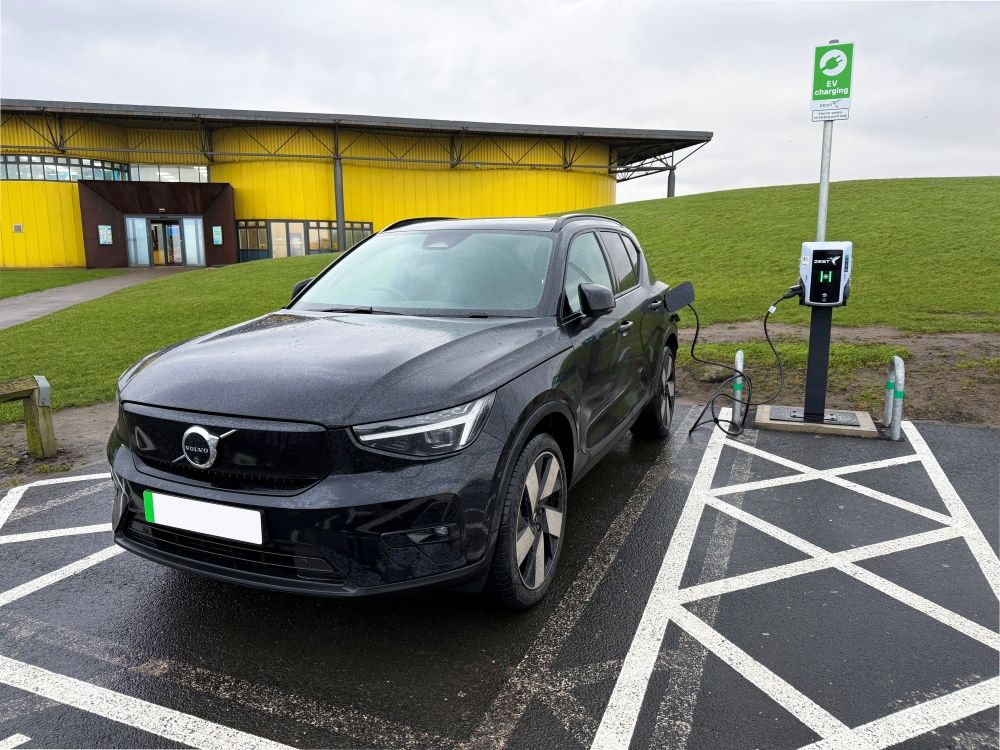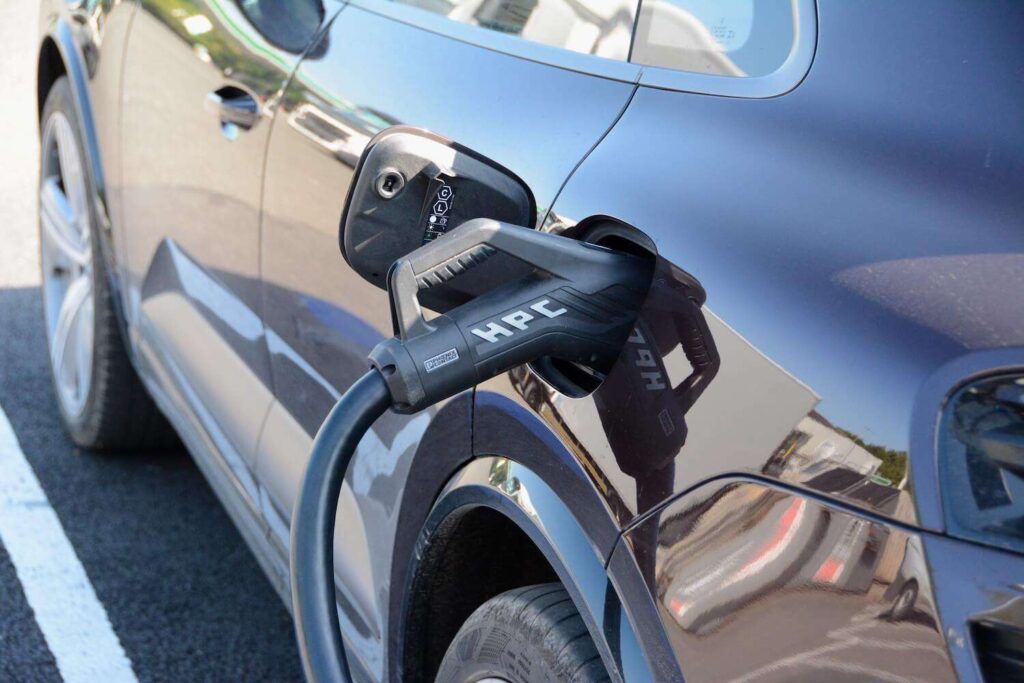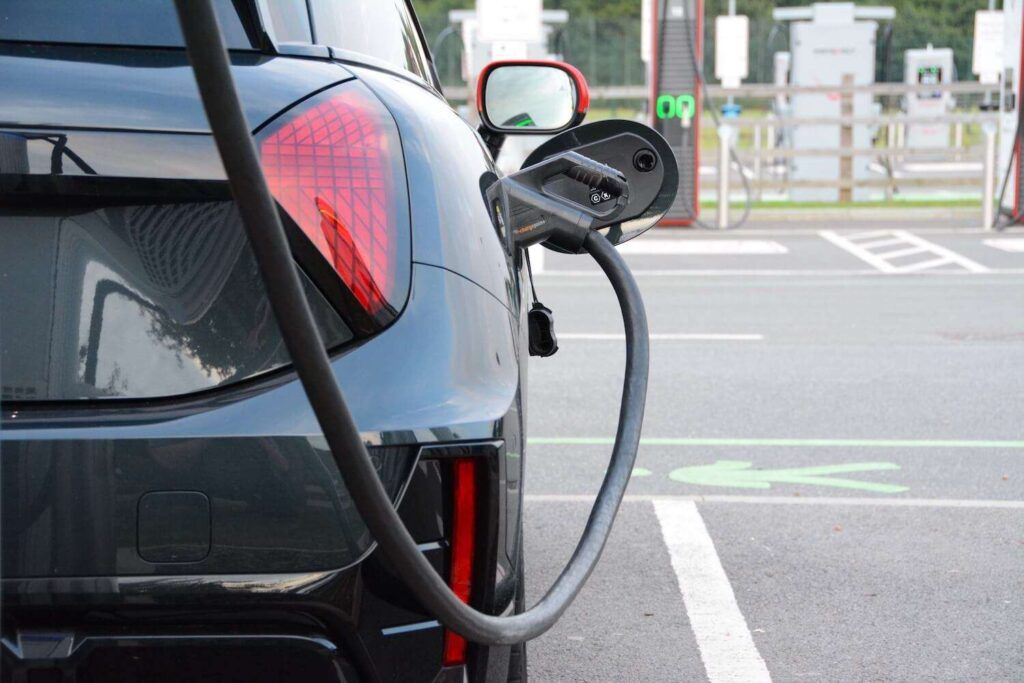Consumer choice brand Which? has called for an overhaul of the UK’s fragmented EV public charging network in a new report on the issue.
The brand analysed the UK’s public charging network and found what it described as “serious issues within the infrastructure that could deter people from buying electric vehicles”.
It found motorists cannot easily use charging networks operated by different providers, it claimed, as they rely on a “bewildering array of sub-standard apps and payment methods”. Also, drivers can face unnecessarily expensive charges when accessing the network, it said.
Which? found almost all of the 30 providers of the public network require motorists to download a network-specific app – or sign up for a Radio Frequency Identification (RFID) card to use their charge point. It said this was “a confusing system that would mean drivers planning long journeys would have to ensure they have the right app or RFID for chargers on their route”.
As an example, Which? said Tesla had one of the most affordable networks of ultra-rapid chargers – but it was only available to owners of Tesla cars. When quizzed by the consumer brand, it also discovered that all of its 3-22 kW chargers could be opened up to all EVs as Tesla confirmed there was “just a switch inside that makes it [the charging point] universal or Tesla only”.
Motorists could also face higher charging costs if they use a network that charges per minute rather than per kWh, Which? said. Using the Volkswagen id.3 as an example, Which? found from Source London’s 7.4 kW charger it would cost £1,012 annually to charge, but this would increase to £1,740 a year from a 22 kW charge point, which costs more due to its faster charging rate, though most cars have a maximum AC charging rate of 11kWh.
As a first step to reform the public charging network, the government and industry should consider making public chargers universal so motorists need just one app, RFID card and account to access all networks across the UK, Which? said.
Other improvements could include avoiding single-brand networks from being created and implementing a pence per kWh pricing structure as opposed to charging per minute to ensure drivers are not overcharged and can easily compare costs across different providers.
Speaking about the findings, Harry Rose from Which? said: “Millions of consumers will be expected to own electric cars in less than a decade, but the public charging network is disjointed and in dire need of reform to ensure it is a viable option for all consumers, especially those who do not have access to a private charger.
“The lack of universal access to the various charging networks must be addressed and a much simpler pricing structure is needed so consumers can easily compare prices across providers and ensure they are not overcharged.”
- image from Shutterstock












